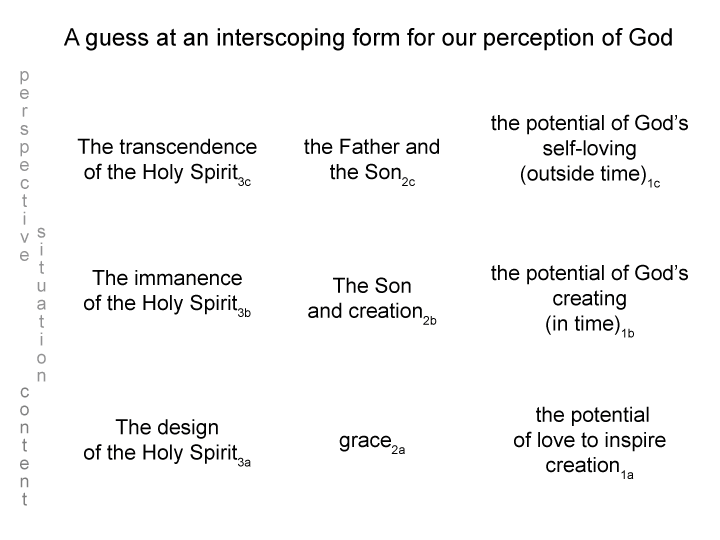Man and Sin by Piet Schoonenberg (1964) 2.2 CE
[In our current Lebenswelt, humans no longer have these options, even when the band itself is specialized (say royalty or blacksmiths).
Concupiscence has been unloosed.
To me, this unloosing resonates with Rene Girard’s descriptions of ‘unconstrained mimetic desire’.
Cupid is the god of mimetic desire.
After the first singularity, religious traditions wrestled with concupiscence, at first through thinkgroup (which originally served as thinkpost-first-singularity for a band or a specialization), then through a slow awakening to a trans-thinkgroup, which I label thinkdivine].

